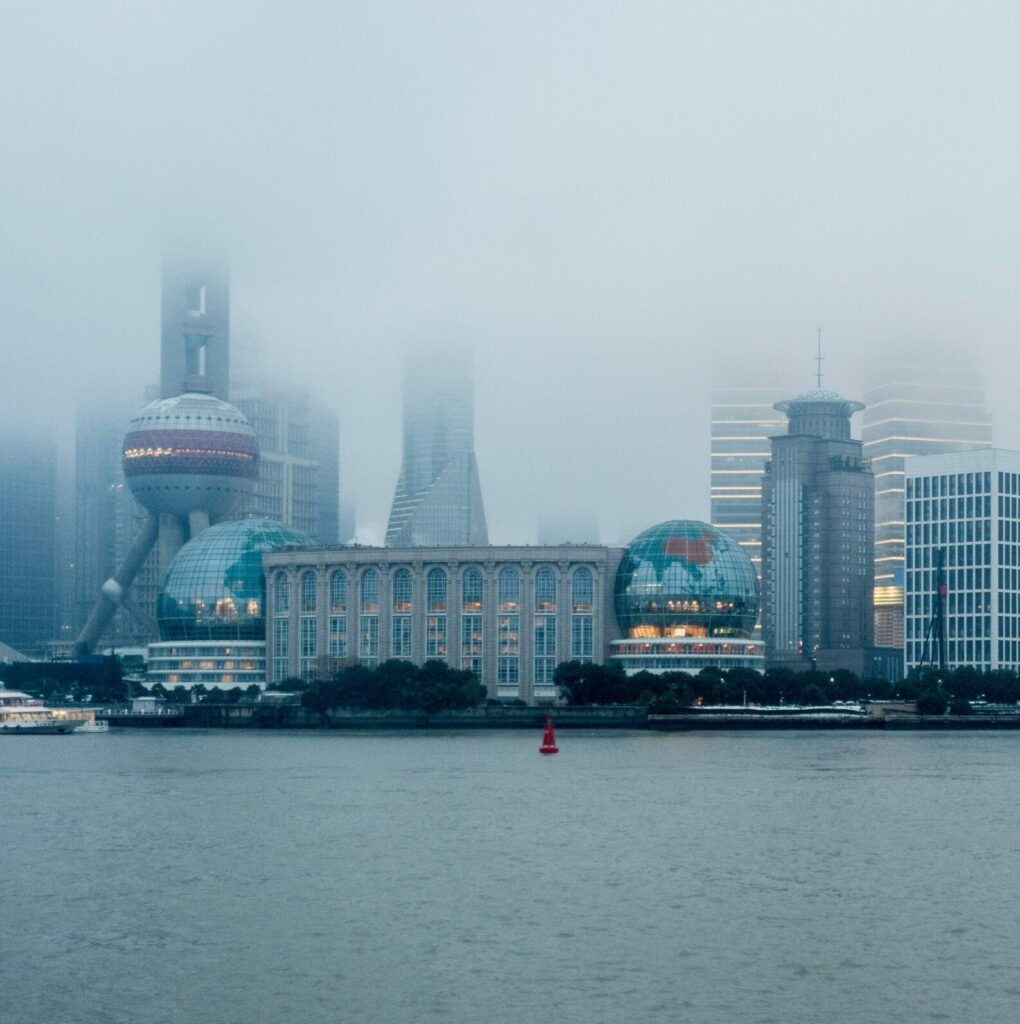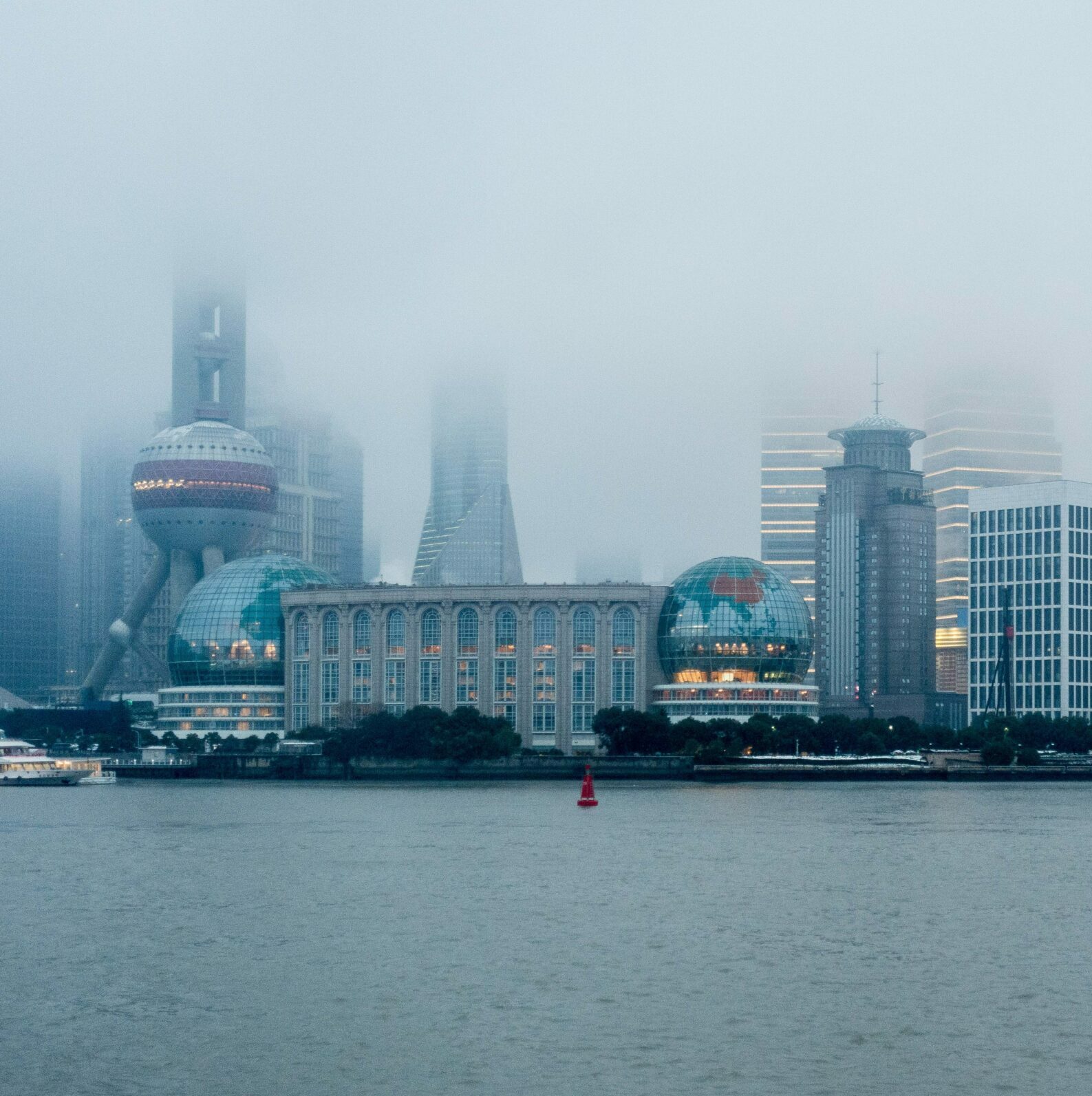Evergrande to default eventually. One third of China’s property developers will struggle to repay their debts.

The Chinese property market has seen a significant downturn in the second half of 2021. One third of China’s developers are currently undercapitalized and will struggle to repay their debts within 12 months.
The country’s real estate sector faces serious challenges including falling sales, and restricted access to credit due an increasingly wider economic downturn that has spilled over onto other parts of the economy like manufacturing.
Evergrande’s latest debt repayment might be enough to save them from bankruptcy for the time being, but analysts at S&P warned that many other property companies could be heading towards default.
The credit rating agency S&P has raised concerns about the financial stability of property developers in China, warning that many will likely need to default on their debts.
The real estate developer may be a symbol for bad debt in China, but there’s still an estimated $5 trillion worth of property-related debt amongst Chinese development companies. That’s one third or more than Japan’s entire GDP.
With nearly $92 billion in bond payments due next year, Chinese property companies are having a difficult time finding financing. These financial obligations have been made much more problematic, when president Xi Jinping cut off conventional borrowing channels and cracked down on lending to the sector. Most developers’ credit ratings dropped and the majority of companies have a new credit-worthiness rating below “B”.
The S&P analysts believe Evergrande is likely to default on its debt eventually.
Although it met the deadline for its bond repayment of $83.5m on the 23rd of October, another $44m bond payment a little bit over a week ago, and met its Wednesdays deadline last minute, it’s very likely to default soon and could send a wrecking ball through a sector that represents at least 25% of China’s entire economic output.
Evergrande is not just a problem within the Chinese market. It’s a global threat considering the impact it could have on other real estate markets.
